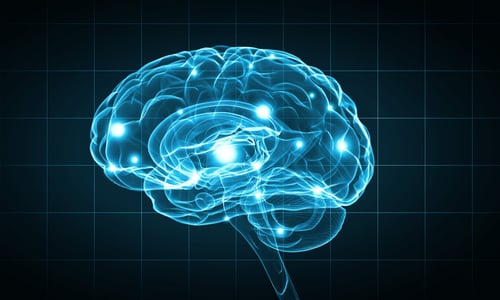Marijuana and the Teenage Brain

The brain is in a constant stage of development until about the age of 25. For some time there has been controversy as to whether or not marijuana use can harm the development of the brain during adolescent and teenage years. An increasing amount of neuroscience and brain imaging studies has been able to confirm that marijuana does harm the developing brain. Speculation over whether that damage is permanent has been constant. Many therapies and treatment types support the growth of cognitive areas, repairing cognitive damages. Most of the damage caused by marijuana in developing brains is in the prefrontal cortex where cognition lives. More and more, researchers are finding that the damage done to the developing brain is irreversible during growth.
The teenage brain sees the highest rate of brain development, outside of toddlerhood and infancy.
Hubbard says cannabis use is showing long-lasting effects as opposed to the temporary effects of alcohol. The impacts include memory, attention, processing speed, visual/spatial functioning, and permanent drops in IQ.
Hubbard says under 25, brains are still developing executive functions. That means the part of the brain that understands long-term planning and the future impact of current actions. The earlier and more frequently the use of cannabis, the greater the damage
Stonewater Adolescent Recovery Center is a private residential treatment program in Mississippi, serving adolescent and teenage boys with foundation building, life-cleansing programming for recovery. If addiction has found its way into the life your loved child, call us today for information on our clinical and academic support: 662-598-4214

.jpg)

